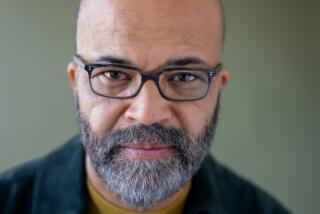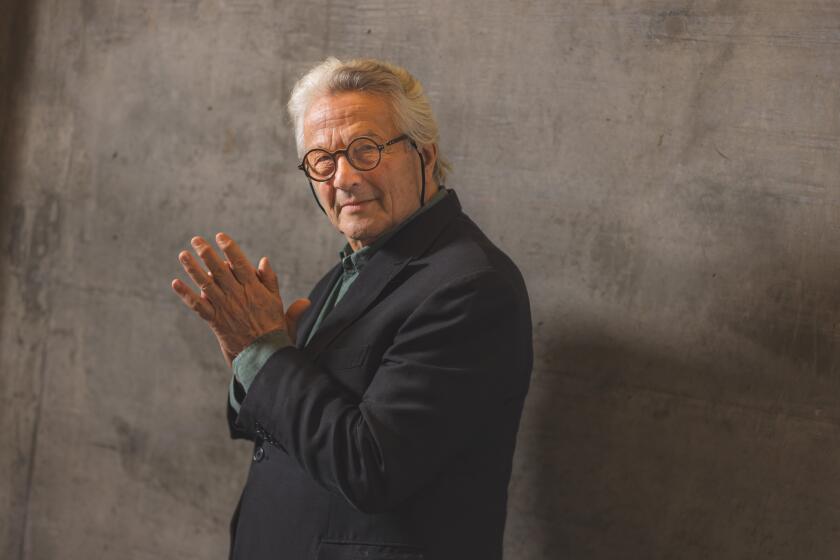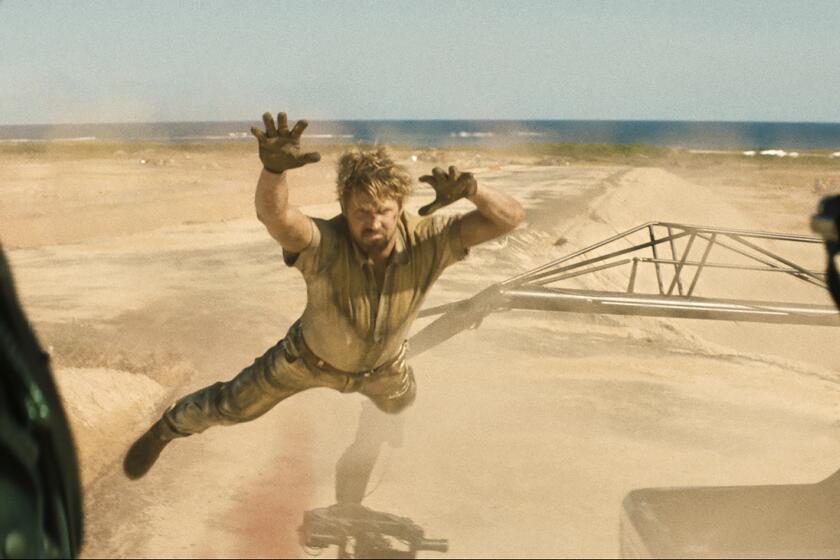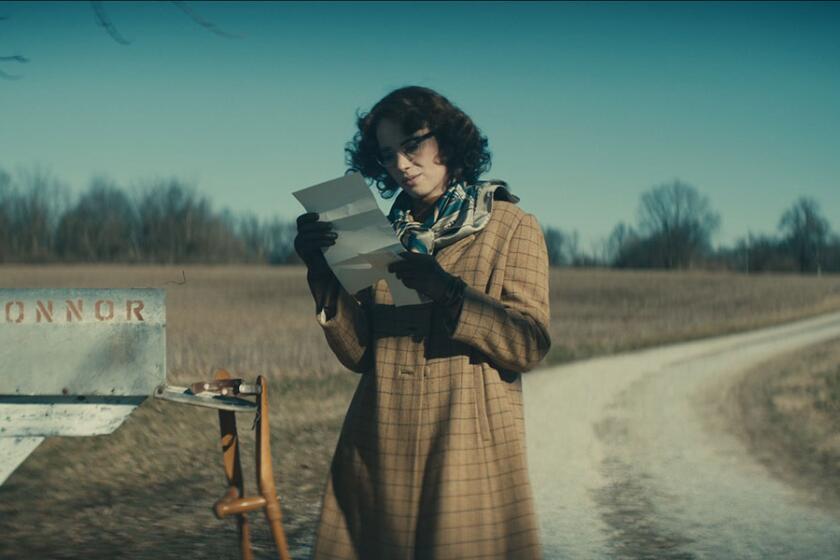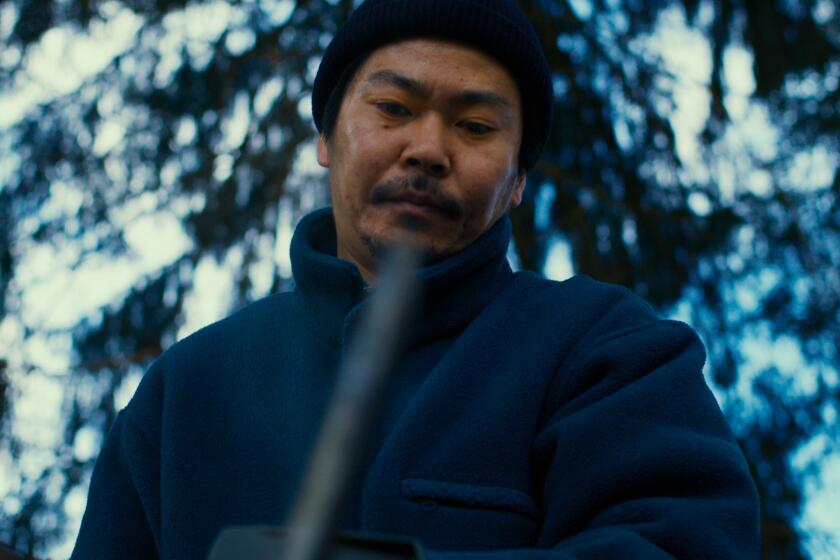Tribeca: In ‘Adderall Diaries,’ the ethereality of memory, and James Franco
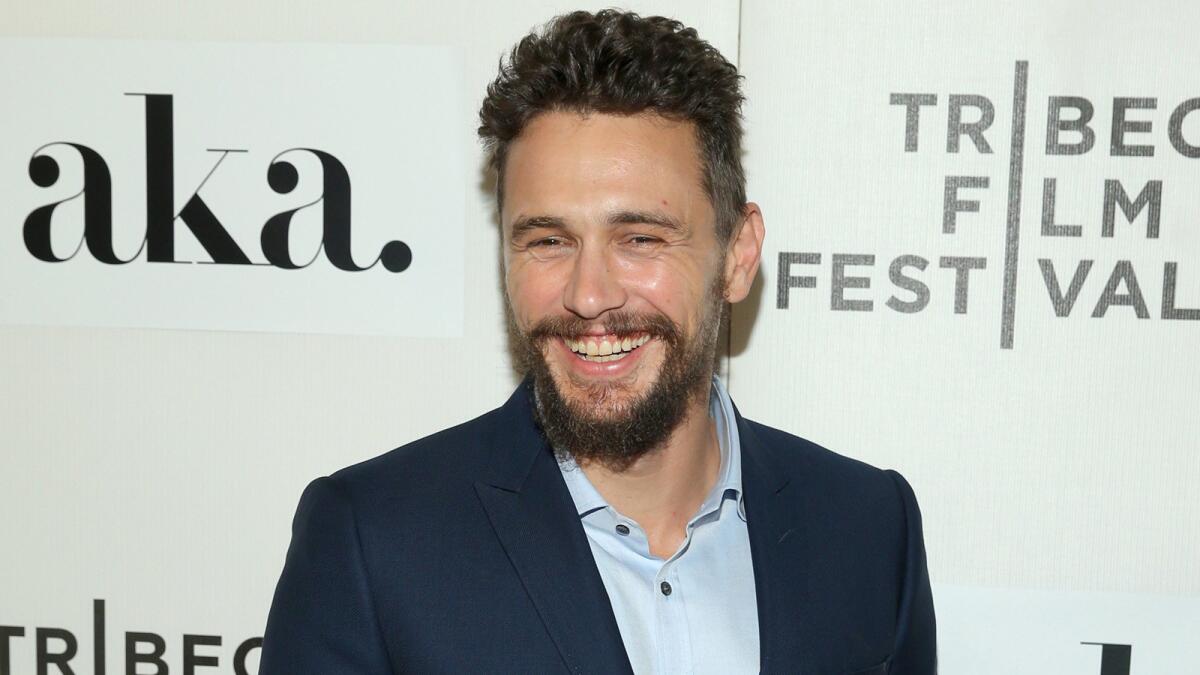
Actor
Fact-based books are hard enough to turn into movies. Add an unreliable narrator, an author of the source material who’s also a main character and an addiction component, and you could really start to swim in concrete (even if James Franco is here to make it all OK).
That was the challenge faced by Pamela Romanowsky, a first-timer and F.O.F (Friend of Franco) who has turned the 2009 bestseller “The Adderall Diaries” into a movie starring and produced by the prolific actor.
“This was not an easy book to adapt,” Romanowsky said in an interview at the Tribeca Film Festival, where the film has premiered and is seeking distribution. “I was very aware of the challenge of taking events that aren’t clear and putting them in the context of a film.”
Romanowsky’s movie centers on Stephen Elliott (Franco), the author who wrote the titular memoir about the abuse he suffered from, or perhaps inflicted on, his father (Ed Harris), while also enduring various forms of writer’s block and addiction. When Elliott learns that a tech mogul (Christian Slater) may have murdered his wife, it sends the author on a truth-telling quest through the facts of the case and the shadowy chambers of his own memory.
Elliott and his father engage in a dance where it’s not clear who was in the right in their longstanding family-torture narrative, in the process establishing the movie’s thematic spine. “I was very interested in the idea of victim and villain, and how it’s not always clear which is which,” Romanowsky said.
The film came about when Franco optioned the book for his production company Rabbit Bandini, then decided, as he has with “Palo Alto” and other films, to godfather a young director by producing and starring in their work. Romanowsky was a New York University classmate of Franco’s a number of years ago; the two had previously worked together on a short and are also adapting another book from a certain kind of visceral male author, Chuck Palahniuk’s “Rant.”
As with another new Franco movie about a writer and a murderer, the newly released “True Story,” “Adderall” examines not just the set of painful acts themselves but the tricky and subjective thing that happens when we try to narrate them. Indeed, Romanowsky said that ultimately her movie was concerned not only with the memories at play in the story but the nature of memory itself.
If that’s difficult to grasp in our consciousness, it’s an especially daunting challenge in the more literal form of narrative cinema. “Memory is walking by someplace and being reminded of something in this very powerful way,” Romanowsky said. “It can’t really play out like that in a movie.”
More to Read
Only good movies
Get the Indie Focus newsletter, Mark Olsen's weekly guide to the world of cinema.
You may occasionally receive promotional content from the Los Angeles Times.


